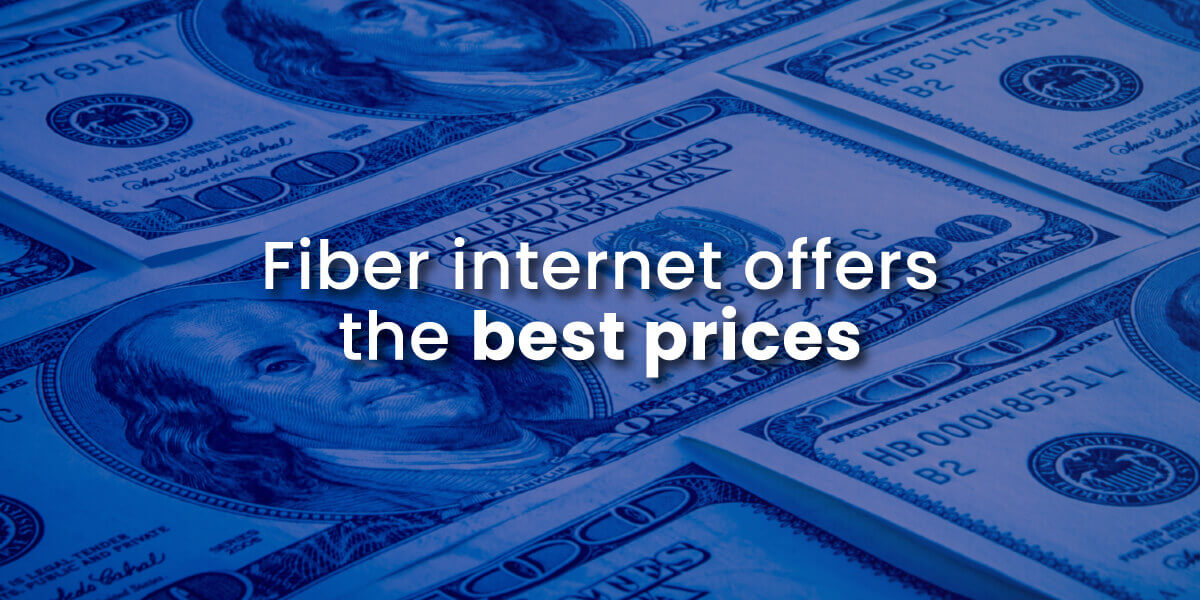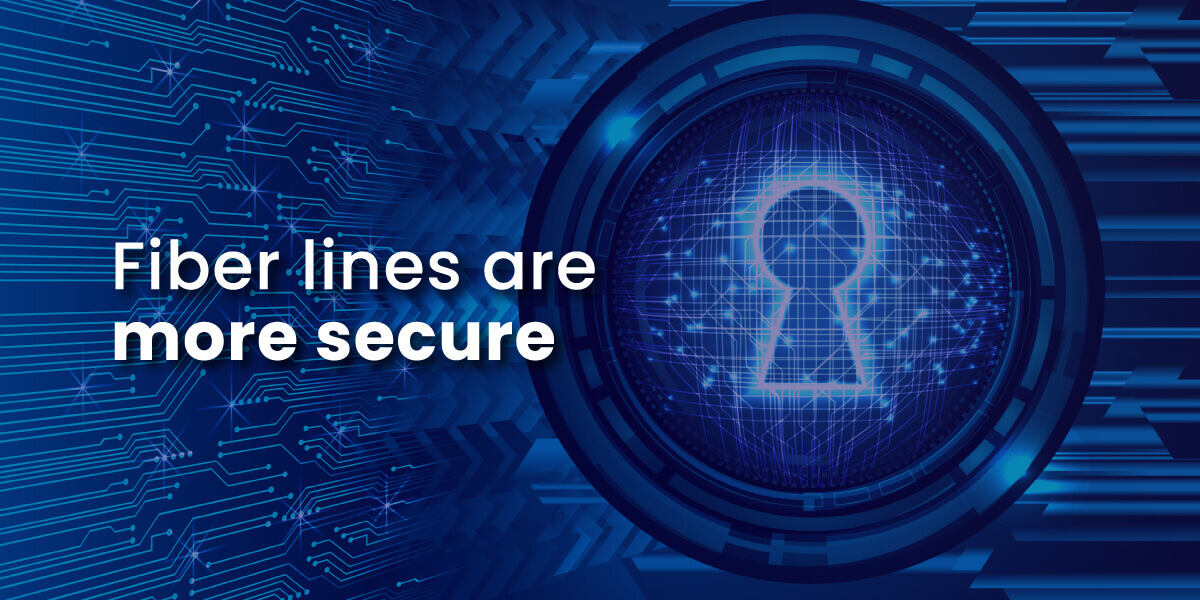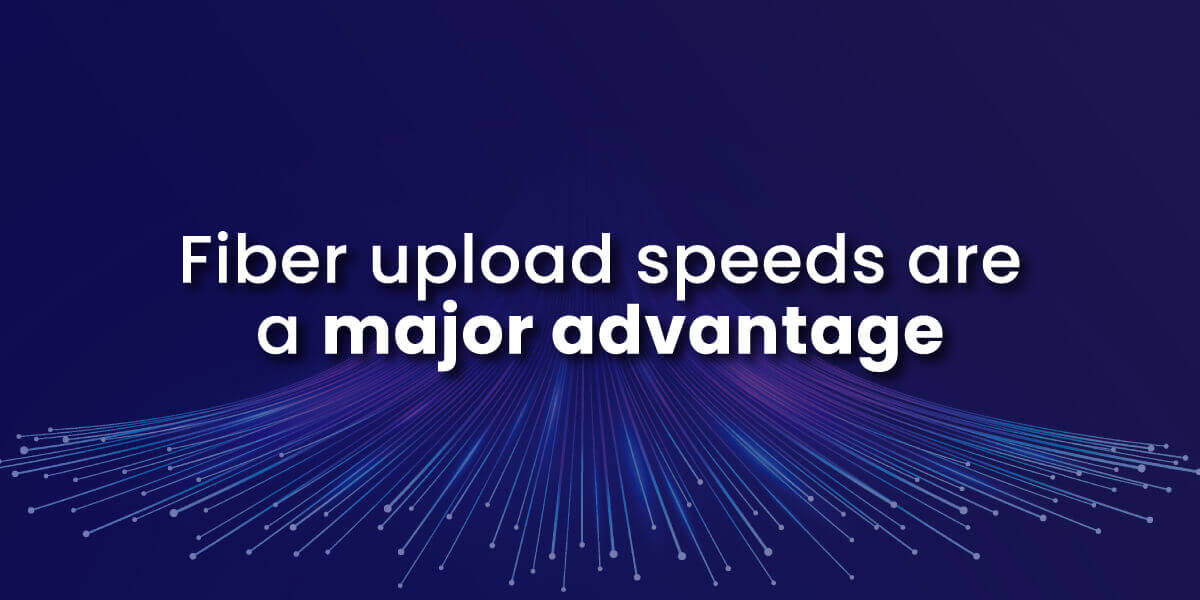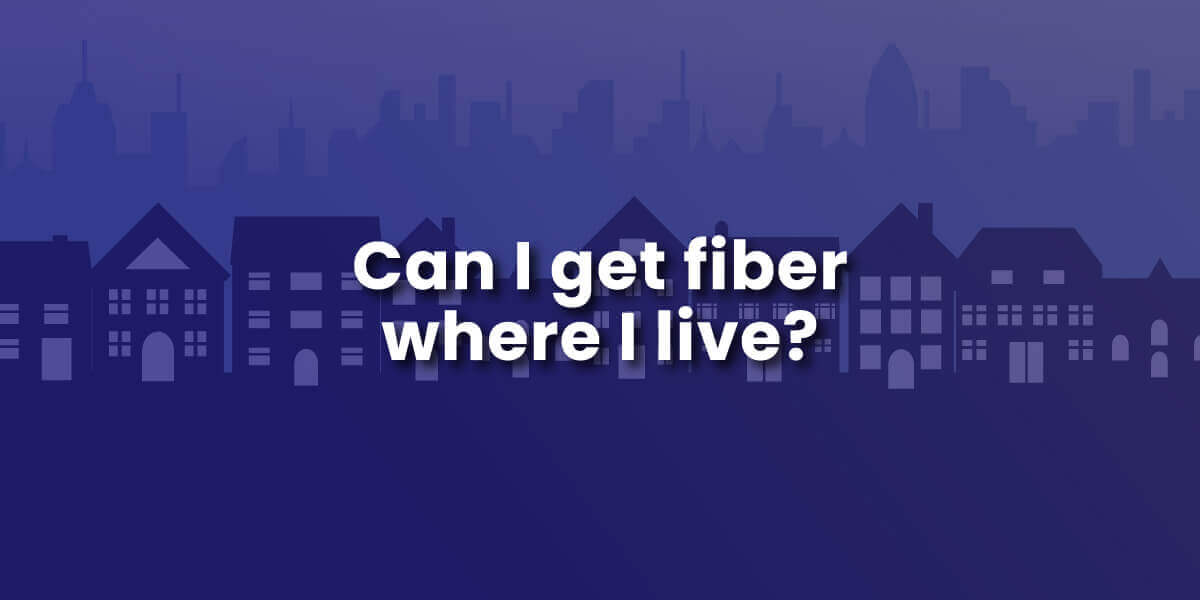4 Myths About Fiber Internet Debunked

Table of Contents
What is Fiber Internet and How Does it Work?
Fiber-optic internet is becoming the gold standard for high-speed internet access. It works by transmitting data through cables made of thin strands of glass or plastic fibers. These fiber-optic cables use light pulses to transmit data digitally. Using light-based technology allows for incredibly fast internet speeds and large bandwidth capabilities.
Fiber-optic cables contain cores that are thinner than a human hair. Lasers at the internet provider’s facilities convert electrical signals into light pulses. The light travels through the cables at the speed of light to your home or business. When it reaches your ONT, the light pulses are converted back into electrical signals for your wired and Wi-Fi devices.
Fiber internet offers huge advantages over traditional internet connections like DSL, cable, and satellite. Fiber-optic cables are faster and have a higher bandwidth capacity. This means fiber can handle much more data at higher speeds. Fiber is also more reliable and less susceptible to weather disruptions.
Common Myths About Fiber Internet
Myth #1 Fiber internet is more expensive than other types of internet connection.
Myth #2 Fiber internet is not that much faster than the competition.
Myth #3 Fiber is no more secure or reliable than cable.
Myth #4 You don’t need fiber speeds unless you are an online gamer or video creator.

Truth #1: Fiber Internet is Often Less Expensive than the Competition
One of the biggest misconceptions about fiber internet is that it is too expensive. This myth often comes from looking at the multi-gigabit speed plans which can cost over $150 per month. However, fiber internet providers also offer affordable speed tiers comparable to cable internet.
Many providers have first-tier fiber plans starting around 60/month. When you calculate the speed per dollar, these first-tier fiber plans are actually cheaper than cable. They offer faster speeds for the monthly internet cost.
The advanced fiber speed tiers get very expensive with some providers but are unnecessary for most users. Fiber is competitively priced and even budget-friendly. The long-term reliability and performance gains make any small price differential worthwhile.
Truth #2: Fiber Internet is Much Faster Than Other Connections
Perhaps the biggest myth about fiber optic internet is that it is not that much faster than cable. This could not be further from the truth. Fiber internet offers lightning-fast speeds that other connections simply cannot match. Cable comes the closest, but even cable is significantly slower in its upload speeds than fiber.
With fiber broadband, you can achieve internet download and upload speeds of up to 5 Gbps (5000 Mbps). Compare this to average cable internet upload speeds of 10-20 Mbps or DSL upload speeds of only 1-4 Mbps. The speed difference is staggering.
For perspective, with a 5 Gbps fiber connection you could download a full HD movie in seconds. The same download over cable internet would take around seven minutes. Large downloads and file transfers happen virtually instantly.
Gigabit speed lets you video conference, stream HD movies, upload large files, connect smart home devices, and run high bandwidth applications. You can connect multiple devices without speed drops or buffering issues. Fiber speeds leave other internet services in the dust.

Truth #3: Fiber is More Secure and Reliable than Cable
In addition to unmatched speeds, fiber-optic internet provides steady, reliable connectivity. This is because fiber lines are made of glass. Unlike copper cables, these glass lines are immune to electrical interference. Fiber-optics also do not conduct electricity, so they are not impacted by power outages or electrical storms.
Since the fiber cables contain no metal, they experience fewer service issues due to corrosion.
In addition, it is much harder to physically tap into a fiber-optic line than into a copper cable. So, hackers will have more difficulty intercepting your private information.
The result is a robust and disruption-resistant internet connection. Internet downtime is greatly minimized compared to cable internet. Fiber networks offer up to 99.999% uptime for some of the most dependable internet service available.

Truth #4: Fiber Gives Major Benefits to the Average User as Well as to Heavy Data Users
The biggest difference between fiber internet and all other internet technologies is that fiber internet connections have symmetrical speeds. You will get much better upload speeds from fiber than any other type of internet connection.
The highest upload speed commonly available from cable internet is 50 Mbps, and that would be from an unusual top-end plan costing $80 – $100/month. But you can get 100 Mbps of upload speed from an entry-level fiber plan costing only $60/month.
Why does upload speed matter? Because your upload speed may be only 1- 6 Mbps with many other connection types. At that speed, you may have trouble uploading large files or videoconferencing and streaming smoothly from multiple devices. If you do remote work with graphics or large document files, fiber will be better for you.
Fiber is not just for gamers or video editors. Many of us live in households with four or more people who all want to stream video at the same time. We may have security systems running on our internet connection as well. A fiber connection with symmetrical speeds will handle all these uses with ease.
Limitations of Fiber – Availability and Installation
Of course, fiber internet does come with some downsides. The most common issue is limited availability in rural areas. Fiber-optic cables often do not reach remote towns or farmhouses. Not all regions have access yet.
If fiber is available in your area, your home will need to be connected to the network during installation. This may involve running cables from the street and drilling holes to feed the fiber inside. The installation process requires technical expertise and generally takes about 3 to 5 hours.
There may also be HOA rules or building codes restricting fiber installation. If you rent, you’ll need approval from your landlord for fiber technicians to access your unit. These factors can prevent fiber access for some, even if fiber is available in the neighborhood.

A Superior Internet Solution
Fiber-optic internet clearly outpaces DSL, cable, and satellite internet in nearly every way. The myths about fiber being too expensive or not much faster simply are not true. Unparalleled speeds, huge bandwidth capabilities, and rock-solid reliability and security make fiber the best choice for most internet users.
Enter your street address to see if you can get Brightspeed fiber internet now. The good news is that Brightspeed Fiber is building out infrastructure very quickly. Even if you don’t have fiber in your neighborhood yet, you might get it very soon!
FAQs about Fiber Internet
Is fiber internet installation expensive?
No, fiber installation is usually inexpensive, at a one-time fee of up to $100 at most.
How much does fiber internet cost per month?
Entry-level fiber plans start as low as $60/month. Standard fiber is competitively priced with cable but gives you much higher upload speeds. If you qualify, your family may be able to get assistance with your monthly payment from the Affordable Connectivity Program.
Is fiber available in rural areas?
Fiber availability is still limited in many rural regions. But coverage is expanding rapidly nationwide. Companies like Brightspeed specialize in building out fiber internet to underserved areas. The federal government has invested billions to make high-speed rural internet access available.
Is fiber internet wireless?
No, fiber internet requires fiber-optic cables to run to your home. But it can connect wirelessly once inside using a fiber router and Wi-Fi.
Does fiber have data caps?
Fiber providers do not impose data caps. You can use as much data as you want without penalties or slowdowns. This contrasts with other types of internet that often have data caps on their plans.

